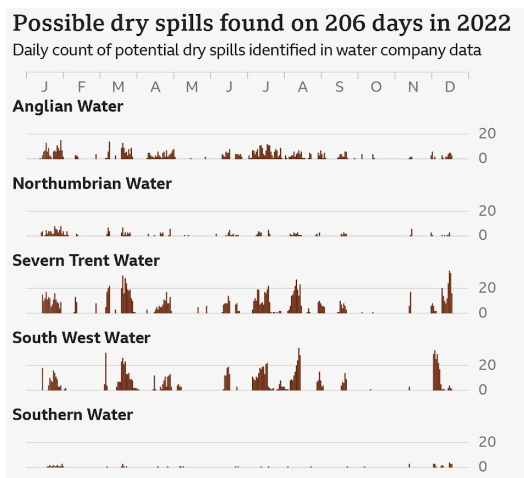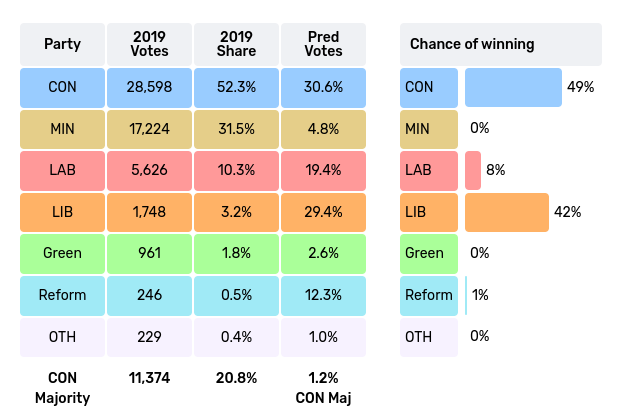NHS money will be used to buy thousands of beds in care homes under Labour plans to reduce overcrowding in England’s hospitals, long waits in A&E and patients becoming trapped in ambulances.
Denis Campbell www.theguardian.com
Wes Streeting, the shadow health secretary, said the move would tackle the huge human and financial “waste” of beds being occupied by patients fit to leave but stuck there because a lack of care outside the hospital. There are 13,000 beds in England – enough to fill 26 hospitals – being occupied by such patients.
If Labour wins the general election on 4 July it will funnel some of the NHS’s £165bn budget into the plan as one of a series of immediate changes intended to relieve the crisis in the health service.
Streeting made clear in a speech that a Labour government would expect hospitals across England to follow the example of Leeds teaching hospitals NHS trust, which spends £9m a year buying up care home beds in order to cut delayed discharges and free up beds.
That initiative – which it launched as a way of avoiding a “winter crisis” in 2022-23 – has freed up 165 beds, helped reduce the number of patients who are admitted avoidably and saved the trust between £17m and £23m, it has estimated.
“We will learn from the great innovations already happening in the health service like this, and take the best of the NHS to the rest of the NHS,” said Streeting, who cited the Leeds approach as a model to follow when speaking to members of the Medical Journalists’ Association.
“I went to St Mary’s hospital in Paddington [in London] this month, where a patient had been stuck in hospital for 60 days despite being well enough to leave, because the care wasn’t available. Not only is that a waste of that patient’s time and life, it is a waste of taxpayers’ money.
“The number of patients in hospital beds per day unable to be discharged because of a lack of care in the community could fill 26 hospitals. The price of that failure is £1.7bn a year.
“Labour will get more hospitals doing what Leeds teaching hospitals are already doing, investing in local social care beds to discharge patients faster – better for patients and less expensive for taxpayers.”
The 13,000 beds being occupied by patients who are fit to leave hospital represent one in seven of the health service’s entire bed stock.
However, speaking anonymously, one senior NHS figure questioned how the NHS in England could afford to buy care home beds to emulate what Leeds has done given that it is on track to end 2024-25 with a £3bn deficit.
A&E doctors welcomed the move. If the scheme is rolled out as Streeting hopes, it could unblock hospitals struggling with the sheer number of patients they are caring for and mean ambulances arrive more quickly after a 999 call and that people no longer end up stuck on trolleys or enduring “corridor care”, they said.
“We are supportive of the plan for NHS hospitals to buy up social care beds,” said Dr Adrian Boyle, the president of the Royal College of Emergency Medicine.
“About 13,000 people are currently in our acute hospitals awaiting some form of social care. Anything that can reduce this terrible total can only be a good thing, for patients and the running of our hospitals.
“If this works, this could be very helpful in tackling all of the problems in the urgent and emergency care pathway, from the first time someone calls 999, to them arriving at the hospital, being handed over to the emergency department and ending up in the main hospital.”
The Leeds trust estimates that the proportion of inpatients it was able to discharge in less than 27 days rose from 21% to 38% as a direct result of spending millions on care home beds.
Sally Warren, director of policy at the King’s Fund thinktank, said: “NHS and social care operate as part of one interconnected system. When one bit of the system is under pressure, the long waits can back up elsewhere.
“Perhaps the most visible example is when a lack of community or social care support stops people from being discharged out of hospital, which in turn means there is no space for new patients to be admitted to hospital, and we all see the results with long queues of ambulances at A&E each winter.
But, she added: “Let’s not confuse this approach [in Leeds] with a plan to solve all of the issues in social care. It’s primarily an initiative to improve patient flow through hospitals and will not solve the fundamental mismatch between demand for and supply of publicly funded social care in England.”
Streeting’s idea is not new. The Department of Health and Social Care and NHS England have made money available to health trusts in recent years to buy care home beds to head off the service’s annual “winter crisis”.
Dr Tim Cooksley, the immediate past president of the Society for Acute Medicine, said that while it was “pleasing that Wes Streeting is recognising this issue and considering solutions … the focus should be on ensuring high-quality community care beds with expert rehabilitation teams as that would be a valuable addition to the care for older people.
“Buying extra nursing home beds will, in isolation, not stop corridor care or improve outcomes for older people. Moving older people around the care system to the wrong place is simply like moving the deckchairs on the Titanic: it doesn’t help them and won’t stop the overcrowding that leaves so many languishing in emergency care corridors,” he added.











 Land At Twistgates Farm UpotteryRef. No: 24/1118/AGR | Validated: Fri 31 May 2024 | Status: Awaiting decision
Land At Twistgates Farm UpotteryRef. No: 24/1118/AGR | Validated: Fri 31 May 2024 | Status: Awaiting decision